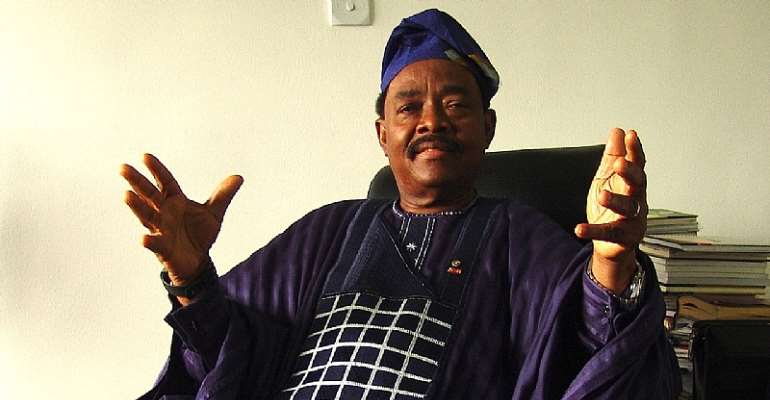Infrastructure gaps, other challenges hinder interstate commerce in Nigeria

Challenges hindering the country from unleashing the full potential of interstate commerce includes infrastructural deficit, insecurity, multiple taxation, economic instability and growing regulatory barriers, among others have been identified.
Stakeholders noted that for Nigeria to unleash its full economic potential, it needed to harness the power of interstate commerce, remove barriers and invest in the infrastructure and policies that would enable the vital economic engines to thrive.
This was disclosed by the President of Lagos Chamber of Commerce and Industries (LCCI), Dr. Michael Olawale-Cole, during the 62nd Centre for Values in Leadership (CVL) Leaders Without Title (LWT) Tribute Colloquium, in honour of the Chairman, Odu’a Investment Company Limited, Otunba Bimbo Ashiru, in Lagos.
As the chairman of the colloquium, Olawale-Cole said Nigeria, endowed with vast natural resources, however, was marked by several challenges, of which one aspect is the role of interstate commerce, which holds the potential to unlock unprecedented opportunities and drive the country’s economic growth.
He said the interstate commerce is not just a transaction of goods but also an exchange of prosperity, opportunities and growth.
A renowned political economist, Prof. Pat Utomi, also expressed that Nigeria must urgently move to the production of a regional hub and revitalise manufacturing for economic development.
While speaking on the theme, ‘Interstate Commerce and Economic Growth’, Utomi, noted that the Odu’a Group represented not only an interstate commerce model but also a leg into the concept of development corridor.
Among the discussants on the theme of the colloquium, Chairman, Capital Bancorp Plc, Tola Mobolurin, stated that Odu’a should be at the forefront when discussions on regional economic integration and benefits on the economy are raised.
He explained that this was because there is a presence of shared heritage, culture and language, urging the group to ensure it facilitates it, otherwise, it would lose its potential.
Earlier, Ashiru, whose colloquium was held in his honour, noted that with the huge revenue states could generate on interstate commerce, there was no reason for them to depend on Federation Account Allocation Committee (FAAC) allocation to sustain their states.
